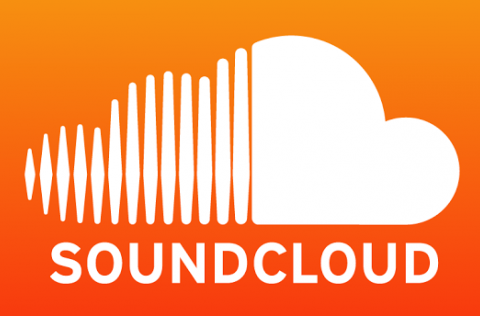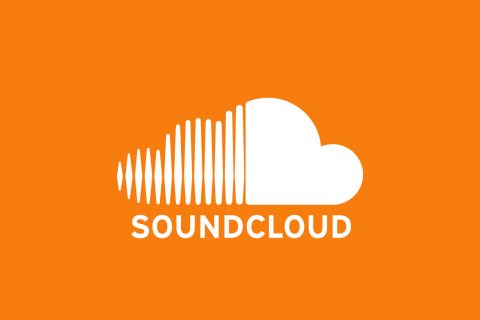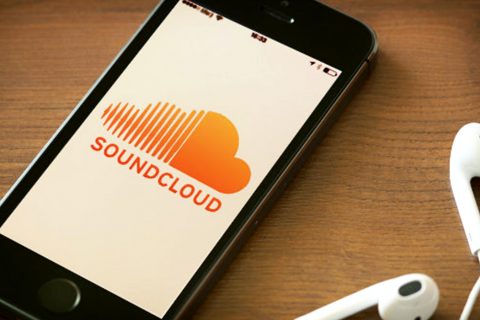SoundCloud’s wild west era may be ending, but its influence on the music industry continues to evolve.
CTO Eric Wahlforss has confirmed the site will transition to a tiered subscription service later this year. In the eyes of record companies like Sony, Universal, and Warner, this move is long overdue. For the 175 million unique listeners who visit the network every month, the change may be disheartening.
Since 2007, SoundCloud has become the favorite social sound platform for artists and listeners worldwide. It hosts over 100 million tracks with over 12 hours of audio uploaded every minute. Until recently, it was also notoriously unfettered by licensing laws. In 2014 Billboard reported that only 20% of uploads on SoundCloud came from labels, while the rest was user-generated.
August 2014 marked the start of SoundCloud’s monetization process with the ad-supported “On SoundCloud” program. Warner was the first major label to strike a licensing deal in November 2014, and over the past few months the National Music Publishers’ Association (NMPA) and Merlin (which represents 20,000 independent labels) have followed suit.
SoundCloud has been integral to connecting artists and audiences, (especially in the electronic music community), but now it has to monitor a vast content archive, full of remixes, mashups, and mixtapes that contain unlicensed tracks. Even artists as prominent as Kaskade have felt the wrath of its copyright infringement takedowns.
Australian producer Souda commented: “A lot of amazing, creative, and (funnily enough) original music comes from edits or sampling. It is really oppressive to the industry to take away this source of great music and unfortunately SoundCloud will probably suffer as people move to other freer platforms.”
Recently the site partnered with Felmedia Network and Zefr, companies that detect unlicensed content and run ads on it rather than removing it. While this is good news in the sense that less music will disappear, it also means even more ads.

Although listeners haven’t been bombarded yet, the subscription launch will inevitably bring heavier advertising. SoundCloud’s on-site explanation is: “every time you see or hear an ad, artists get paid.” Record companies have to get theirs, too. This past June, TechCrunch shared a leaked, unsigned contract between SoundCloud and independent music publishers that suggests significant pay offs for labels.
As of now, ads run only in the U.S. alongside licensed content from Premier tier (invite only) partners. Premier partners also have the ability to promote tracks into users’ feeds, even if the user hasn’t followed them voluntarily.
Artists who aren’t signed to labels like Sony or Warner and don’t have access to Premier tier profit-making use SoundCloud purely for exposure. Souda explained: “I’m well resigned to the fact that there isn’t money in selling music. I’m fine with that and really artists should know that merch and live is the only way to make any real money.”
SoundCloud began as a place for creators while the focus on scale and listener experience came later. Alland Byallo, veteran DJ, producer, label founder, and loyal SoundCloud user commented on the impending subscription launch: “It’s a logical move. A lot of people are upset with the monetization of social sites. It’s easy to forget that there was a time when we didn’t have options like this. You made your own website, built your own flash audio players, and hoped for traffic, prayed for organic exposure. Now we have these tools that allow us something of a built-in audience.”
Listeners who feel entitled to ad-free streaming may bristle to the idea of a paid subscription, but SoundCloud’s artist-centric infrastructure could be the key to user retention. If artists are hard-pressed to find a higher quality platform and stay loyal to the site, their audiences will likely do the same.
Byallo reflected this sentiment, saying: “I’ve been with SoundCloud since the Alpha version. I remember when there were just a few users privately sharing tracks with each other. It seemed like the priority was building a community. Now it’s just another service. At the end of the day, the player they have is the best out there. It’s become something of an industry standard. So far nothing has topped SoundCloud in ease of use, accessibility, perfect UI design.”
SoundCloud’s bow to big labels proves a successful music site can’t stay in the legal grey area for long. Although many users will pay for the convenience of ad-free access, it will be interesting to see how things plays out in the long term. Pandora is a prime example of how streaming companies get squeezed over time by increasing royalty rates, which leads to higher subscription prices. SoundCloud isn’t going anywhere, but this shift will make room for new platforms to disrupt the status quo.



Comments